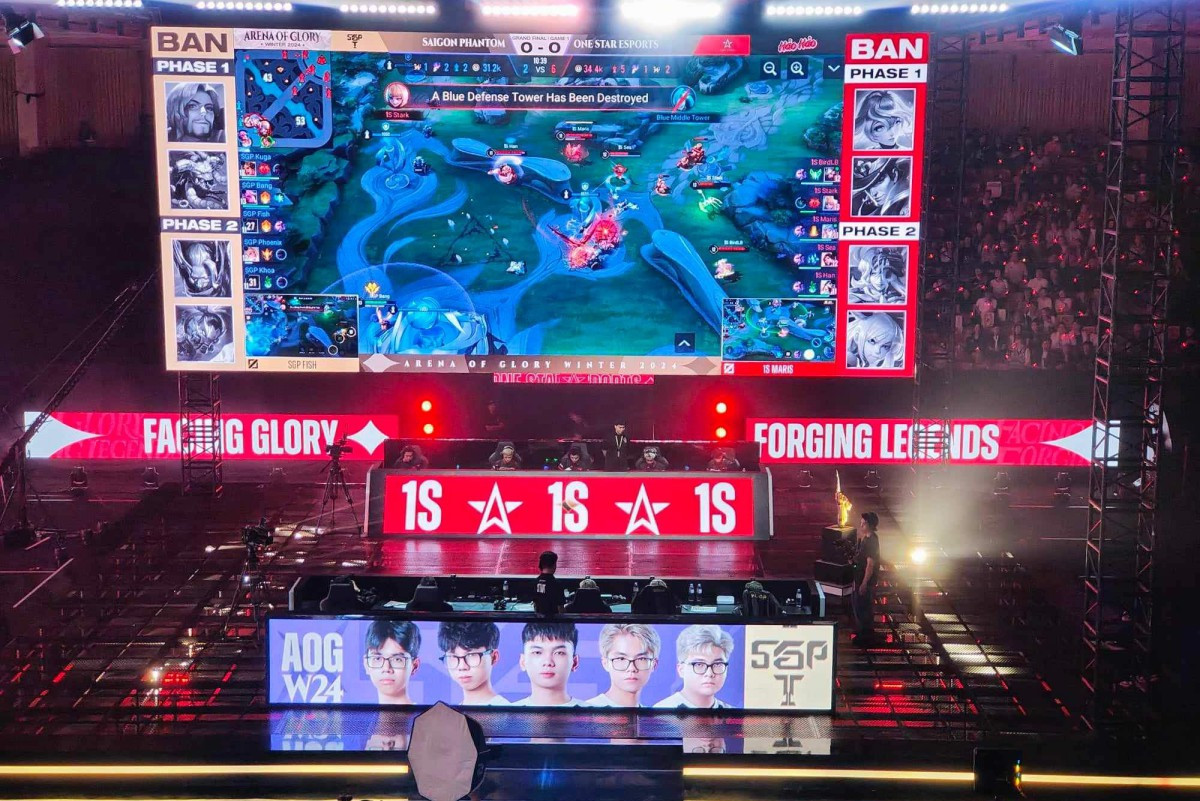
Speaking at a seminar titled ‘Where are Vietnam’s e-sports on the world’s map?” held recently in HCM City, Do Viet Hung, chair of the Vietnam Recreational and Electronic Sport Association (VIRESA), said that though Vietnam e-sports are younger than other countries, the sport has been growing very well and has left a great mark in the international arena.
Vietnam’s e-sports have kept up quickly with the e-sports in the world and have great opportunities to improve its position on the world’s e-sports map.
Vietnam sent its selected e-sports teams to three SEA Games, and support from agencies, businesses and related units has opened up a new era for the new type of sports.
Nguyen Tran Son from VNG Games commented that Vietnam has great potential in e-sports.
Regarding organization, domestic units can do well in learning experiences from other countries and apply this in Vietnam. Many national and regional e-sports events are organized.
Vietnamese e-sports athletes can compete in the type of sports that requires intelligence and brainpower.
Son commented that while Vietnam is less competitive in traditional sports, it is quite capable in competing in intellectual sports. He believes that Vietnam’s achievements in e-sports will improve in the future.
Hoang Viet Anh, president of FPT Telecom, said FPT wants to accompany partners to organize e-sports tournaments, thus creating a playing field for e-sports competitors.
According to Hung, the biggest challenge for Vietnam’s e-sports is developing both domestically and internationally. E-sports is different from traditional sports and constantly changes in genres and types of competitions. Many genres in Vietnam are not yet popular, while the world has gone far in terms of competition quality and players’ skills.
He said VIRESA has discussed with the Ministry of Communication and Information (MIC) which is drafting the online game development strategy, stressing that e-sports must be positioned as a type of sports and career, which needs training and policies to develop.
The other barrier, according to Hung, is the poor cooperation among domestic resources, with large contributors each other’s rivals in the market.
Vietnam’s e-sports is facing difficulties in training. The textbooks used for teaching are sourced from foreign countries, while the workforce is ‘borrowed’ from other fields.
Meanwhile, Vu Chi Thanh, rector of FPT Polytechnic, pointed out that the lack of support from society has created a huge gap in the field. There are very few professional e-sports training establishments in Vietnam.
Le My